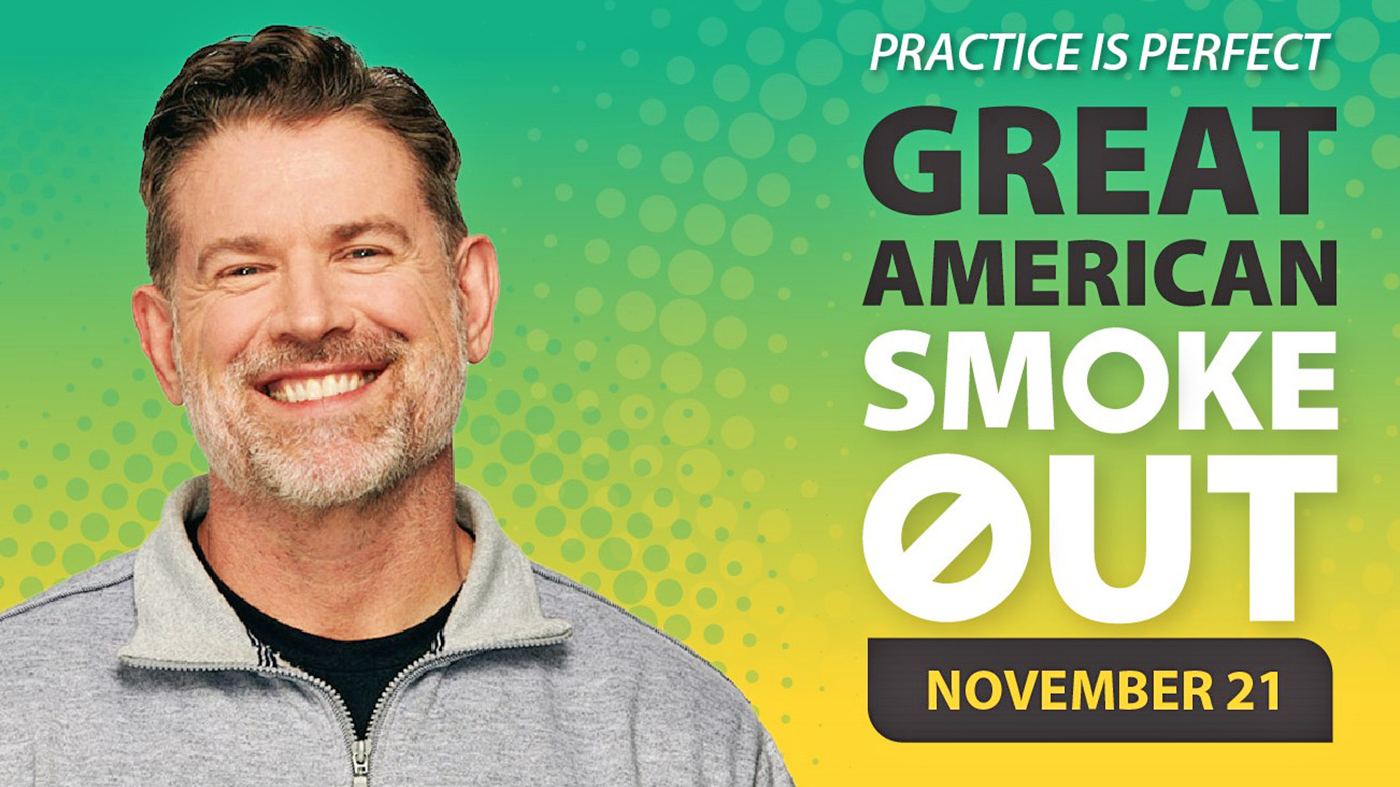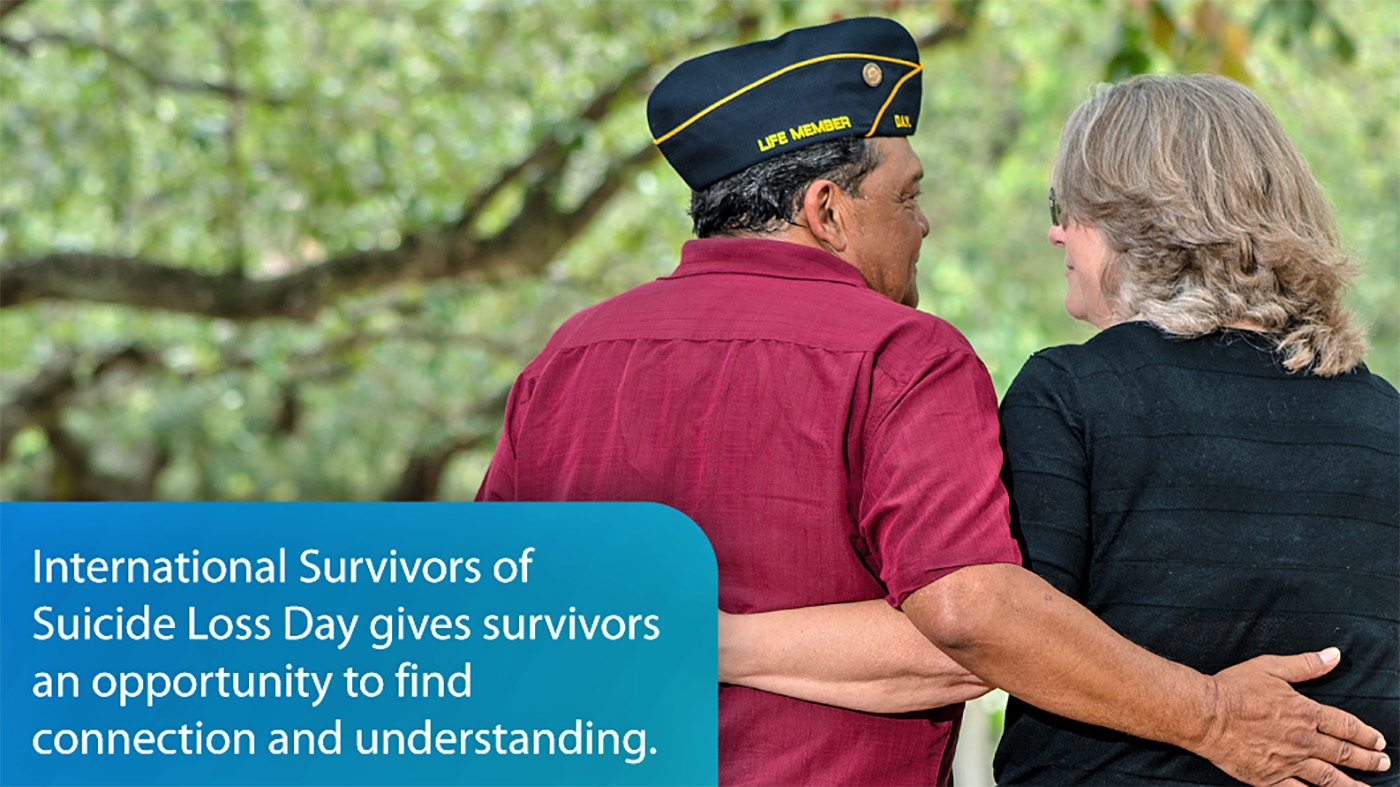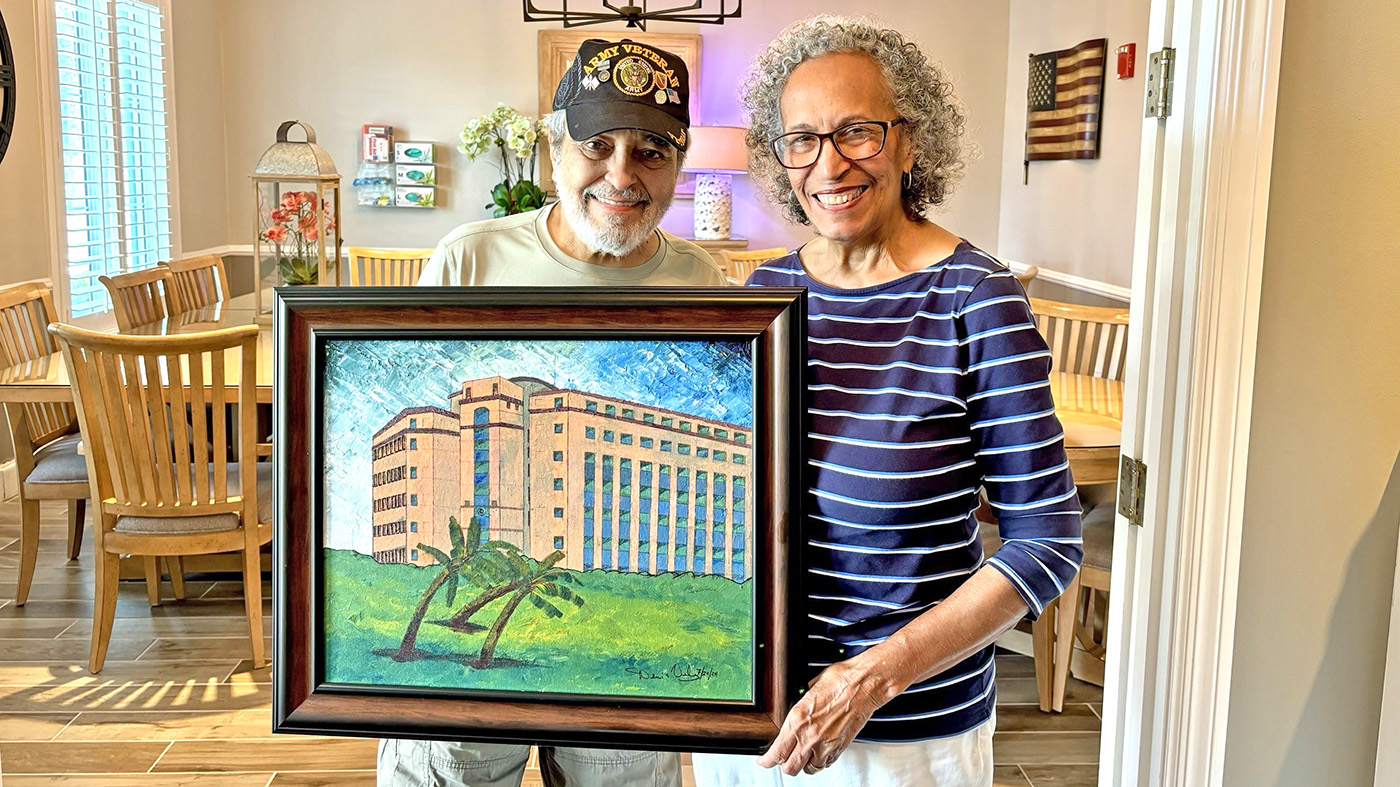This is a story about the intersection of homelessness and incarceration. The message is especially pertinent this month as April is National Second Chance Month, a time to raise awareness, brainstorm solutions and align efforts to ensure that justice-involved Veterans have the opportunities and support they need to fully enjoy their freedoms in the country they helped defend.
“Too many Veterans are ending up in our criminal justice system, and while they must be held accountable for their behavior, our nation has a responsibility to honor their service and help them address the factors that often drive them to break the law,” said Chuck Hagel, Vietnam Veteran and former Secretary of Defense. “We can and must do better for the men and women who put their lives at risk to serve our nation.”
Incarceration a risk factor for homelessness
A lack of stable housing is a well-documented risk factor for incarceration, and incarceration is a risk factor for homelessness.
Unfortunately, many community policies criminalize behaviors associated with homelessness. This compounds the elevated rates of mental health challenges, including depression, anxiety, post-traumatic stress disorder (PTSD) and substance use disorders involving illegal substances that are frequently diagnosed with Veterans experiencing homelessness.
Too often, the barriers of our larger societal system can make it nearly impossible for justice-involved individuals to find the fresh start and stability they need to transition smoothly into civilian life.
About half of all Veterans enrolled in VA homeless programs have been involved in the justice system, and once a male Veteran establishes a history of incarceration, they are 3.5 times more likely to experience homelessness, creating a dangerous cycle that can perpetuate and escalate if Veterans do not receive the resources and support they need.
VA opens new chapters
VA is committed to helping all justice-involved Veterans succeed in their next chapter.
The Veterans Justice Outreach (VJO) program is a prevention-focused component of VA’s Homeless Programs Office (HPO). Since 2009, VJO specialists have been providing outreach to justice-involved Veterans at all VA medical centers and by doing so helping to prevent and end Veteran homelessness.
To ensure VA is reaching as many Veterans as possible, VA developed the Veterans Re-entry Search Service, a free, encrypted, web-based tool that allows criminal justice organizations to identify Veterans in their population. Meanwhile, the names of identified Veterans are shared with the VA specialist responsible for that facility or geographic area who can begin the outreach process to connect with Veterans.
On this month’s Ending Veteran Homelessness podcast, Sean Clark, national director for HPO’s Veterans Justice Programs, explains that the free online tools are helpful for identification because the approach is “a records-based way of ensuring that nobody slips through the cracks in the identification process.”
VA’s Health Care for Re-entry Veterans (HCRV) program also prevents Veteran homelessness by supporting the community re-entry needs of charged, convicted, and/or incarcerated Veterans being released from prison, including their housing needs. HCRV works to reduce the impact of medical, psychiatric and substance use problems upon community readjustment and decrease the likelihood of re-incarceration for those leaving prison.
For Veterans currently involved in the criminal justice system, Veterans Treatment Courts (VTCs) are community initiatives that work to help Veterans get treatment for their unique clinical needs within the context of the criminal justice system. While local courts operate these programs, VA helps connect Veterans participating in VTCs with VA programs and resources that can support their health and their transition to civilian life.
Legal services for Veterans
VA’s new Legal Services for Veterans (LSV) program aims to increase access to legal services, particularly civil legal services that support accessing government benefits, navigating family law, ensuring access to safe housing, and assisting with debt. These are critical to resolving or preventing homelessness.
The first funding for LSV grants was introduced in 2022 and included more than $11 million in grants for both public and nonprofit private entities. Learn more about LSV grants here.
How you can help
VA is committed to incorporating Veteran feedback, using cutting-edge research, and finding innovative new strategies to ensure programs are effective and meet the varying needs of all Veterans. However, we cannot do this work alone.
Employers can help support justice-involved Veterans by committing to hiring Veterans. Veterans are natural leaders who bring a wealth of experience, a mission-focused approach, and a demonstrated history of selflessness—qualities that make a strong business case for any employer.
Our Veterans have supported each of us by risking their lives to provide every American with the chance to live freely in a protected country. Now, it’s our turn to give them a chance to do the same.
Learn about VA programs
- Veterans who are homeless or at risk for homelessness should contact the National Call Center for Homeless Veterans at 877-4AID-VET (877-424-3838).
- Visit the VA Homeless Programs website to learn about housing initiatives and other programs for Veterans exiting homelessness.
- For more stories like these, visit the HPO website and subscribe to the Homeless Programs Office newsletter to receive monthly updates about programs and supportive services for Veterans experiencing or at risk of homelessness.
Topics in this story
Link Disclaimer
This page includes links to other websites outside our control and jurisdiction. VA is not responsible for the privacy practices or the content of non-VA Web sites. We encourage you to review the privacy policy or terms and conditions of those sites to fully understand what information is collected and how it is used.
More Stories
For the Great American Smokeout, explore VA resources and learn why every attempt to stop smoking is a step toward success.
If you’ve lost a loved one to suicide, resources and support are available to help you cope during your grieving and healing.
Army Veteran Denis Velez donated a painting of his VA hospital as a way of giving back for his treatment there.






